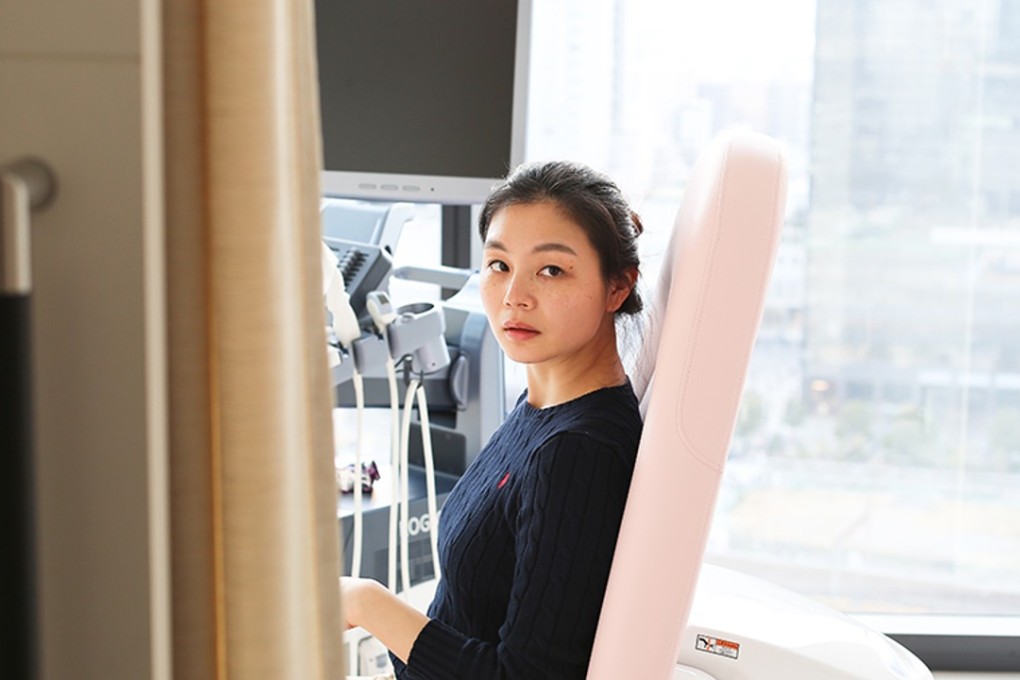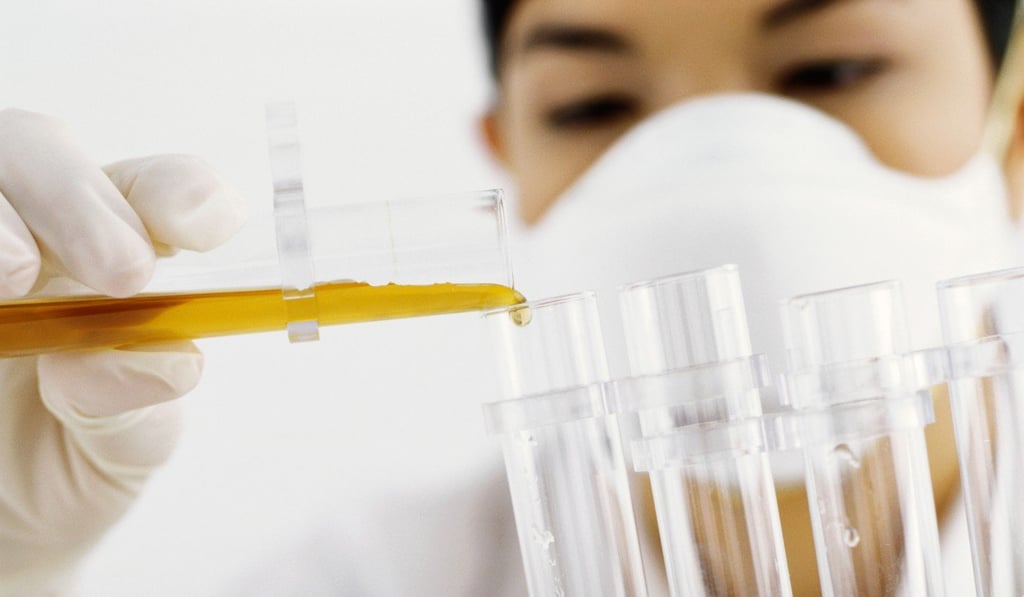How a ban is forcing China’s single women to put their fertility on ice overseas
Legal restrictions spawn a burgeoning business helping unmarried women freeze their eggs in the US and Japan

Shanghai lingerie designer Le Le has been to Japan many times, but her trip in March to Osaka was not for sightseeing or shopping – she went to freeze her eggs.
“I have been thinking about this for more than a year. For me taking some out now when their quality is good and preserving them for future use is necessary. It allows me to decide when to have a baby,” the 35-year-old said.
Le, who is single, said she knew the quality of ova declined as a woman aged. “I have not found my Mr Right. I don’t want to wait passively – I want to take a proactive approach [by freezing eggs],” she said. “I don’t have to force myself to marry someone I don’t love for the sake of having a baby.”

Years ago, freezing eggs made headlines when US technology giants such as Apple, Microsoft and Facebook offered to cover the fees for this service for female staff in an effort to retain talent. The Japanese city of Urayasu last year also announced it would subsidise the cost of freezing eggs to boost the country’s low birth rate as the population rapidly ages.
But any single mainland woman wanting to freeze her eggs has to go abroad to do so – on the mainland hospitals need to see a marriage certificate and official approval to do the procedure.